
The Most Important Warranties for Your Solar Installation
In recent years, solar energy has gained significant traction as a clean and sustainable power source. As more homeowners and businesses transition to solar installations, it is crucial to understand the various warranties that come with these systems. Solar warranties not only provide peace of mind but also ensure the long-term reliability and performance of your investment. In this blog post, we will explore the most important warranties to consider when investing in a solar installation.
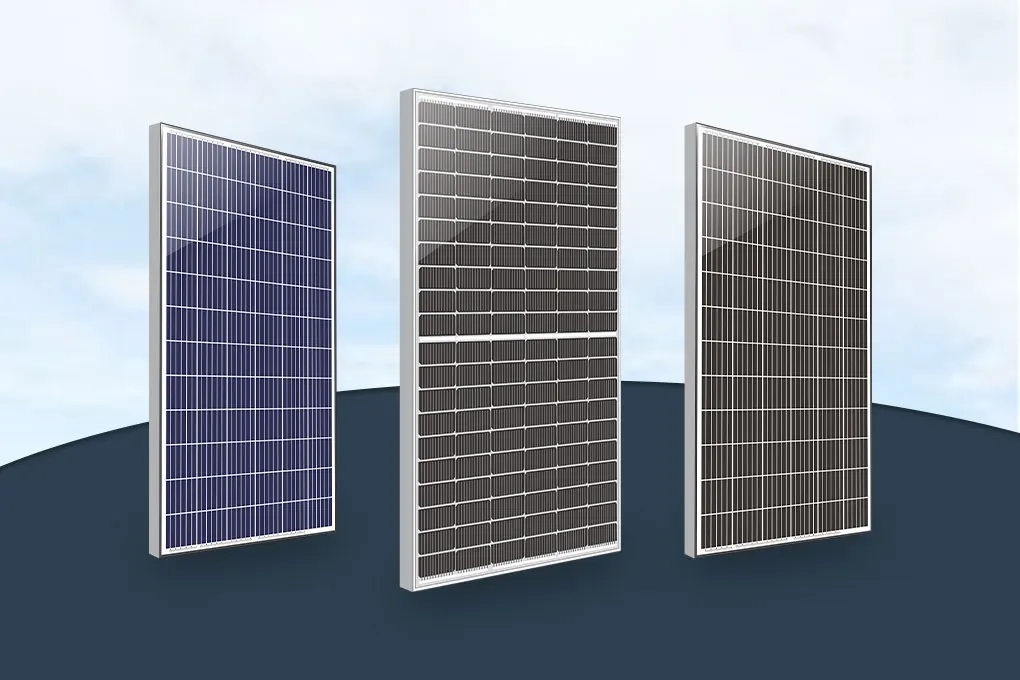
1. Product Warranty
The product warranty covers the solar panels themselves and guarantees their performance over a specified period. It typically ranges from 10 to 25 years, depending on the manufacturer. A longer product warranty is an indicator of a higher quality panel. Make sure to inquire about the coverage for defects, manufacturing flaws, and premature degradation. Reputable manufacturers often offer linear warranties, assuring a certain power output percentage throughout the warranty period.
2. Performance Warranty
While the product warranty focuses on manufacturing defects, the performance warranty ensures that your solar panels maintain a certain level of energy production over time. This warranty guarantees that the panels will generate electricity at a specified efficiency level for a specific duration, typically 25 years. If the panels fail to meet the stated performance criteria, the manufacturer may repair or replace them.
Inverter Warranty
The inverter is a crucial component of a solar installation as it converts the direct current (DC) electricity generated by the panels into alternating current (AC) electricity used in homes and businesses. Inverter warranties typically range from 5 to 12 years. It's important to consider both the warranty length and the coverage, including parts and labor costs. Opting for an extended warranty or investing in a higher-quality inverter can provide added protection and minimize potential repair expenses.
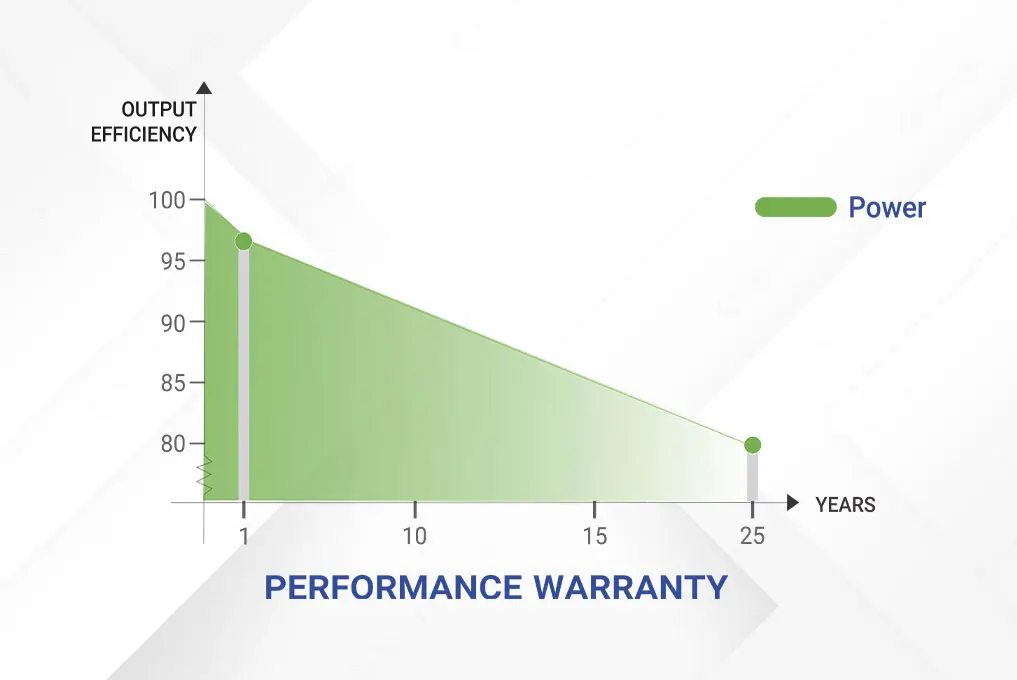
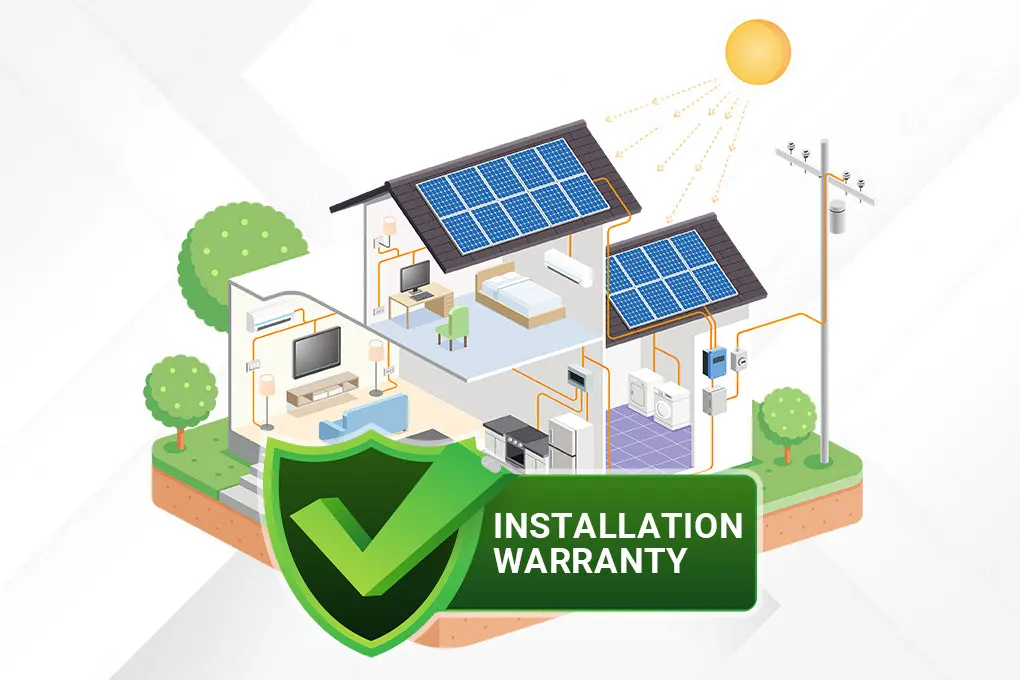
3. Installation Warranty
An installation warranty is often overlooked but plays a vital role in ensuring the quality and workmanship of your solar system. It covers any issues arising from the installation process, such as roof leaks, electrical faults, or mounting problems. A reputable solar installer will offer a warranty on their work, typically ranging from 1 to 10 years. Be sure to clarify the scope of the installation warranty and any associated terms and conditions.
4. Monitoring and Maintenance Warranty
Some solar companies provide additional warranties for system monitoring and maintenance services. These warranties typically cover the performance monitoring equipment, software, and any necessary maintenance or repairs. Having access to real-time data and proactive maintenance services can optimize your solar system's performance and minimize any potential downtime.
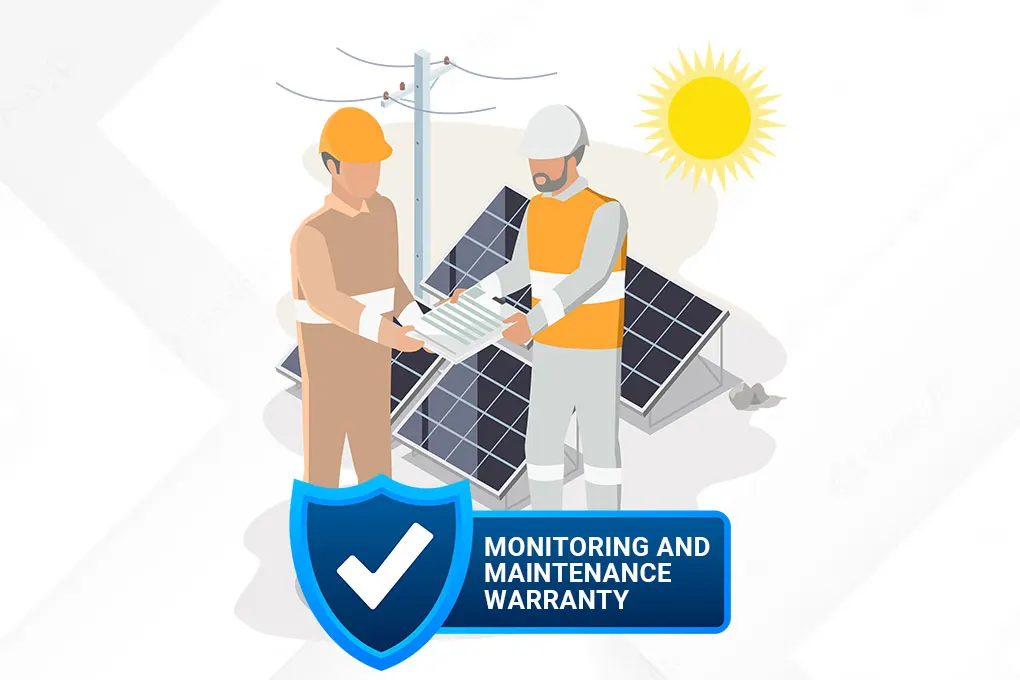
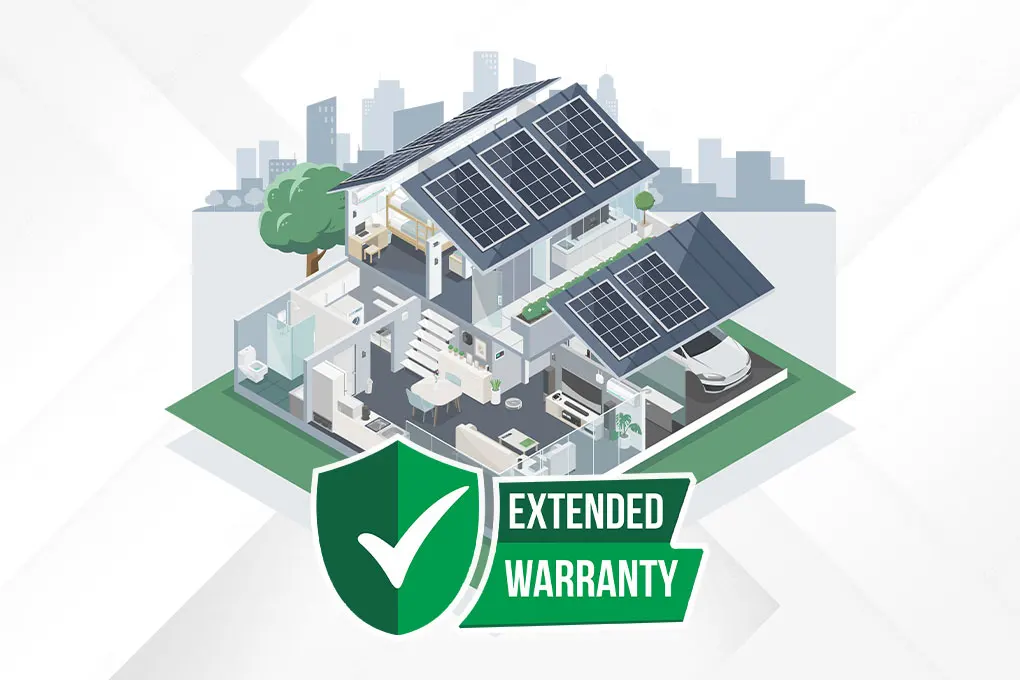
5. Extended Warranties
While the standard warranties mentioned above offer a reasonable level of coverage, many manufacturers and installers offer the option to purchase extended warranties. These extended warranties can provide additional years of coverage beyond the standard warranty periods, offering further protection and peace of mind.
Investing in a solar installation is a long-term commitment, and understanding the various warranties associated with the system is crucial. By considering the product warranty, performance warranty, inverter warranty, installation warranty, and monitoring and maintenance warranty, you can ensure the reliability, efficiency, and longevity of your solar installation. Remember to research reputable manufacturers and solar installers who provide comprehensive warranties and excellent customer support. Taking the time to understand and evaluate the warranties will help you make an informed decision and enjoy the benefits of clean, renewable solar energy for years to come.